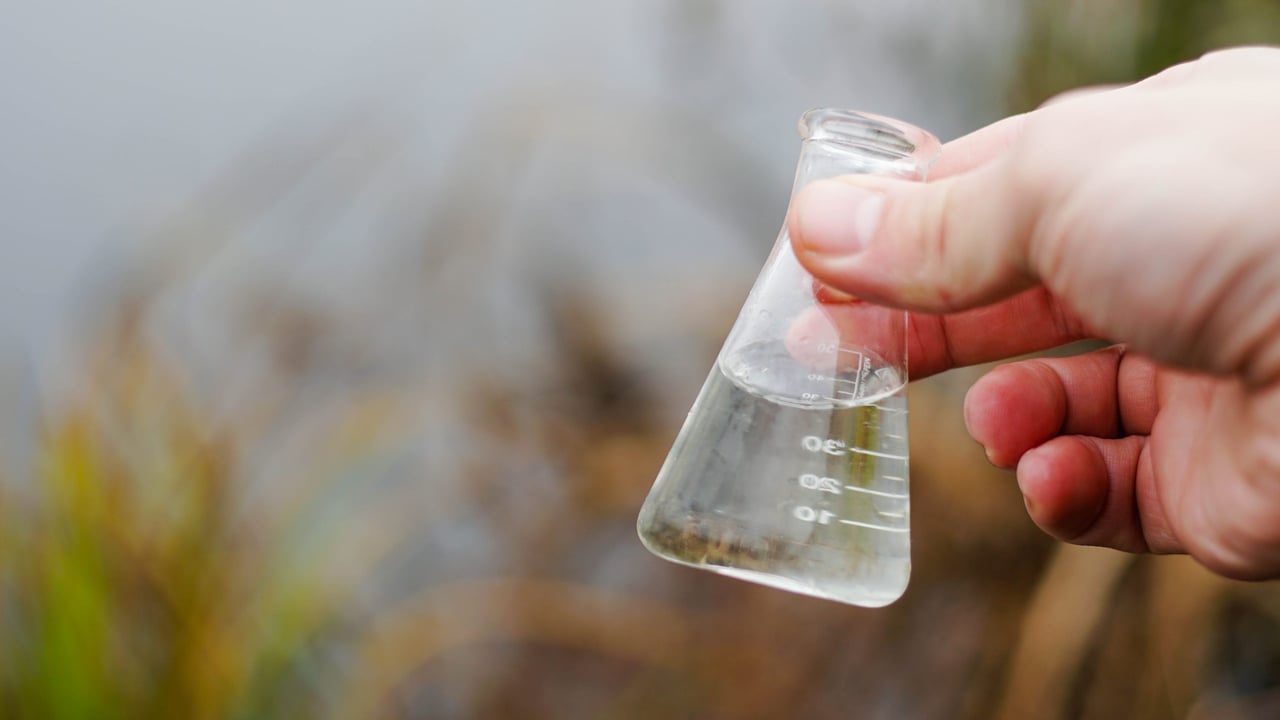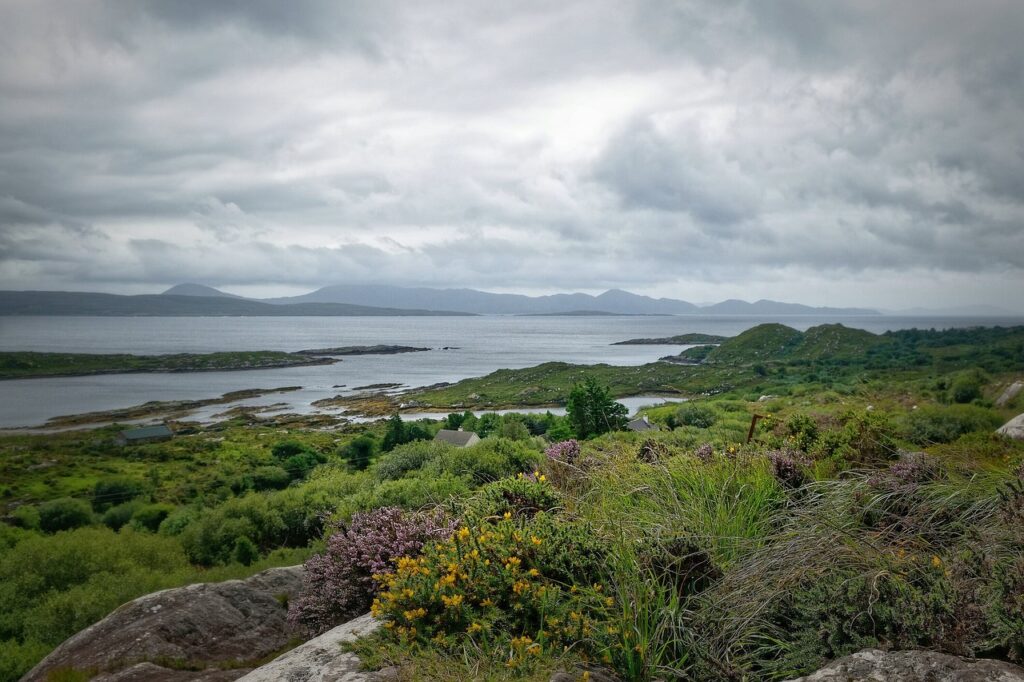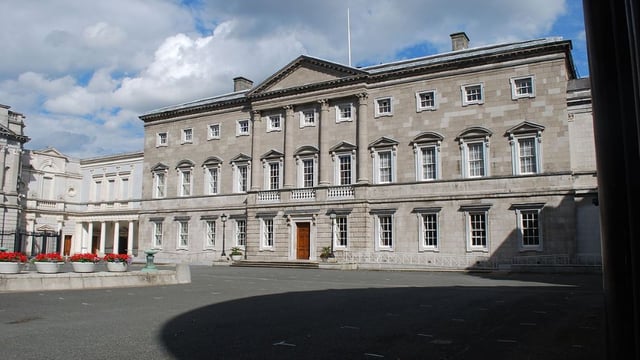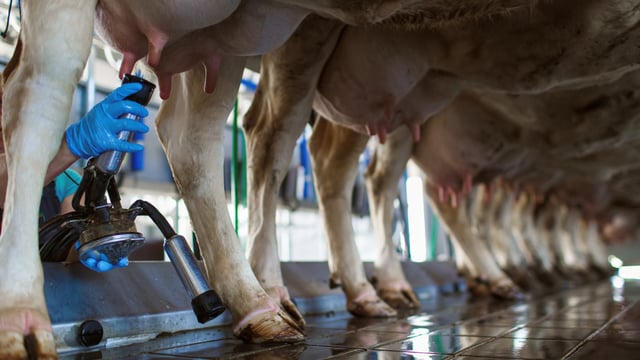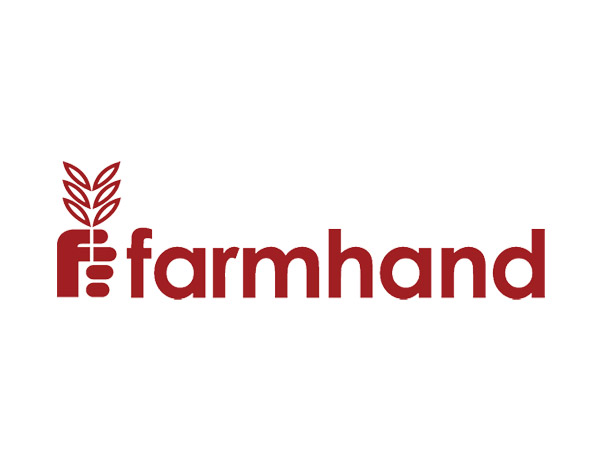Environmental groups call for stronger measures on waterways
A coalition of 25 Irish environmental groups has urged the government to implement "stronger, more urgent measures" to restore Ireland’s waterways.
The Sustainable Water Network (SWAN) was responding to the Environmental Protection Agency's (EPA's) Water Quality in Ireland Report 2019-2024, which was published today (Tuesday, October 14).
This assessment shows that over half (52%) of our surface waters are in satisfactory ecological health, being in either good or high ecological status.
However, the report reveals that nearly half (48%) of Ireland’s surface waters are are not as ecologically healthy or resilient as they should be.
This is a decline from the previous report when 54% were satisfactory.
Environmental groups
According to SWAN, this "continual overall deterioration highlights the urgent need for more robust policies to address this ongoing water crisis".
The organisation said that despite some improvements in some priority areas on phosphorus, the report shows that almost half of our rivers (44%), particularly in the south and south-east regions, still exhibit nitrogen concentrations that are too high for healthy waters.
Antóin McDermott, SWAN advocacy and communications manager, said that the "persistent decline in ecological health" threatens aquatic habitats and species, including salmon and the endangered freshwater pearl mussel.
He said that rather than focusing on the nitrates derogation, the government needs to "prioritise far stronger measures, delivered with the full urgency it requires".
"Measures on agriculture are just not sufficient to address the considerable nitrogen pollution in our waters; sewage pollution can and needs to be tackled with much more urgency.
"We need the out-dated Arterial Drainage Act reformed, as promised, to prevent further damage to our river habitats and we need robust regulation and safeguards against damage and pollution from forestry at a time when it is planned to expand significantly," he added.
An Taisce
An Taisce said that while there were some welcome improvements in certain areas for phosphorus pollution, these were overshadowed by decreases in the overall ecological quality of our waters.
Dr. Elaine McGoff, head of advocacy with An Taisce said the report indicates that nutrient levels are not reducing in our waters.
She added that a step change in how we manage our waters is needed to address this long standing problem.
"Farmers are jumping through a number of environmental hoops, but the measures they’re being asked to put in place don't work for all pollutants, and while they may work well for silt and phosphorus, which is what we’re likely seeing in these limited improving areas, they’re not designed for addressing nitrogen pollution.
"So the fact that agricultural nitrogen pollution didn’t improve in the south and south-east of the country should come as no surprise to anyone.
"Despite all the rhetoric about saving our nitrates derogation and turning the tide on water quality in Ireland, there is still no evidence of the necessary improvement across the board in our waters.
"Until we fix that and put the right measures in the places that we need them then we’re only fooling ourselves if we think the water quality trends are going to dramatically improve," she said.
Dr. McGoff also pointed to "entirely avoidable pollution from malfunctioning urban wastewater treatment plants, along with ongoing pressure from a range of other sources including forestry, dredging, and urban run-off".
"We now need a step change in how we manage our waters and how we manage our land and wastewater. We can’t keep doing largely the same thing and expecting a different outcome," she said.
Green Party
Green Party Senator Malcolm Noonan is calling on government to ramp up investment in enforcement and to address systematic failings by Uisce Éireann and other state bodies to adequately protect our watercourses.
The party's spokesperson for nature, heritage, agriculture and the marine also said there needs to be a change in how we treat our watercourses "or risk irreversible decline in biodiversity".
"Our rivers, lakes and estuaries are facing a perfect storm of challenges, increasing temperatures and drought are making them more susceptible to even small loads of pollution or runoff.
"Government promised laser focus on water quality to help retain our nitrates derogation. Simon Harris, in the run up to the general election, promised a cabinet sub-committee on water quality. Has it met? If so, what is it doing? We would like to know," he said.
Senator Noonan said that at a local level, every pollution source must be addressed through rigorous enforcement and if necessary, revocation of Integrated Pollution Control (IPC) licences for repeat offenders.

